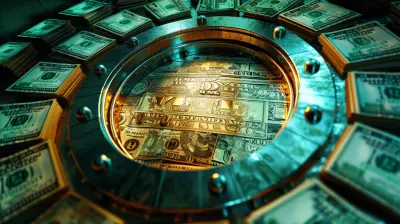Pros and Cons of Making a Larger Mortgage Down Payment
26 July 2025
Buying a home? You’re probably crunching numbers and wondering how much cash you should throw down upfront. It’s one of the biggest money moves you’ll ever make, so yeah—no pressure. A bigger down payment can seem like the ultimate power play. It screams, “I’ve got my finances in order.” But is it always the smartest choice?
Let’s break down the pros and cons of making a larger mortgage down payment, so you can make the kind of decision that fits both your wallet and your future goals.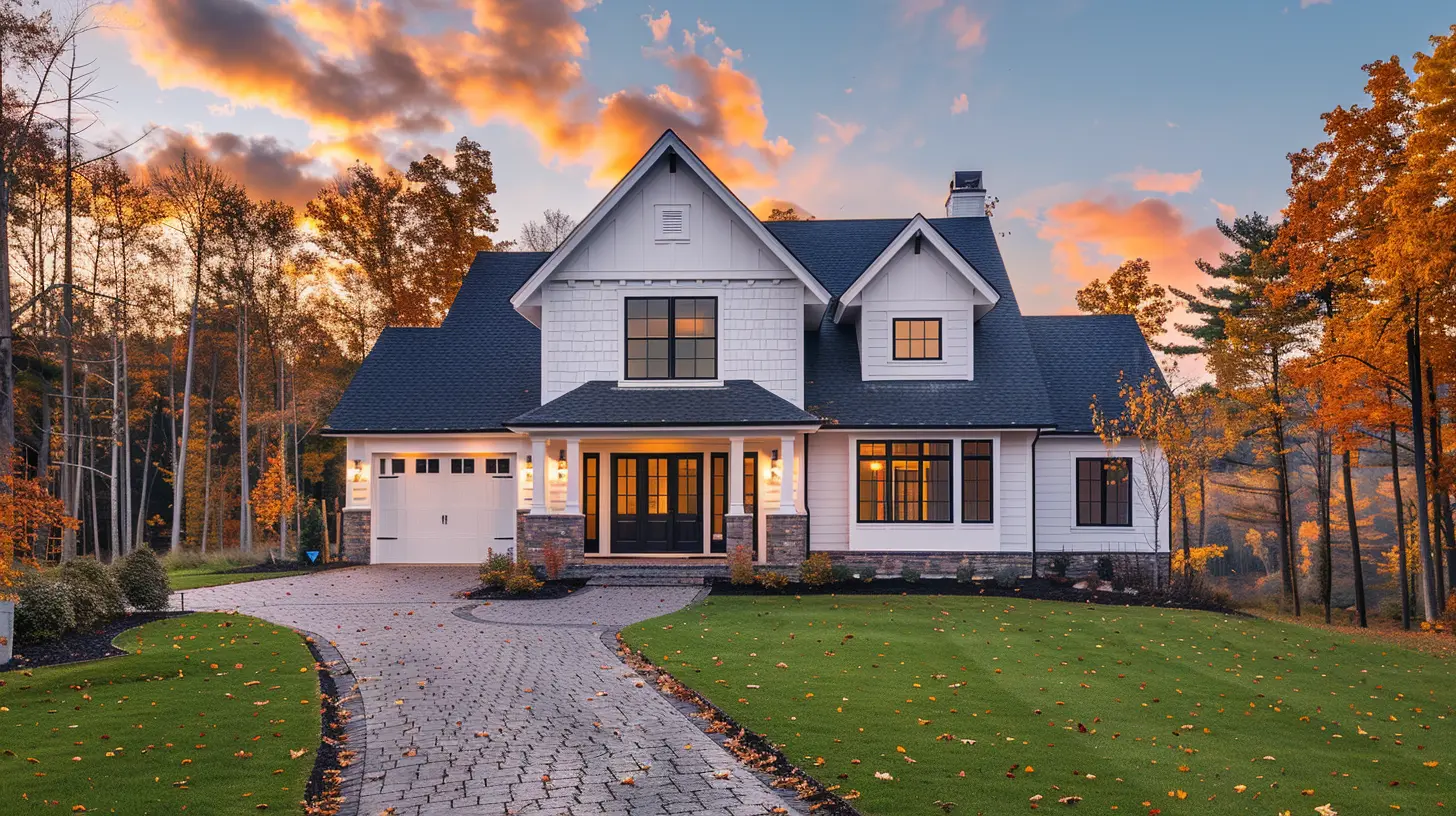
🏡 What’s Considered a “Larger” Down Payment?
In most cases, a larger down payment is anything significantly more than the conventional 20% of the home's purchase price. So, if you're buying a $300,000 house, a 20% down payment would be $60,000.But let’s say you’re thinking of dropping $80,000 or even $100,000 upfront. That’s when we’re talking about putting down “big money” compared to the norm.
Now, is that always a good idea? Well… it depends. Let’s dive into the juicy details.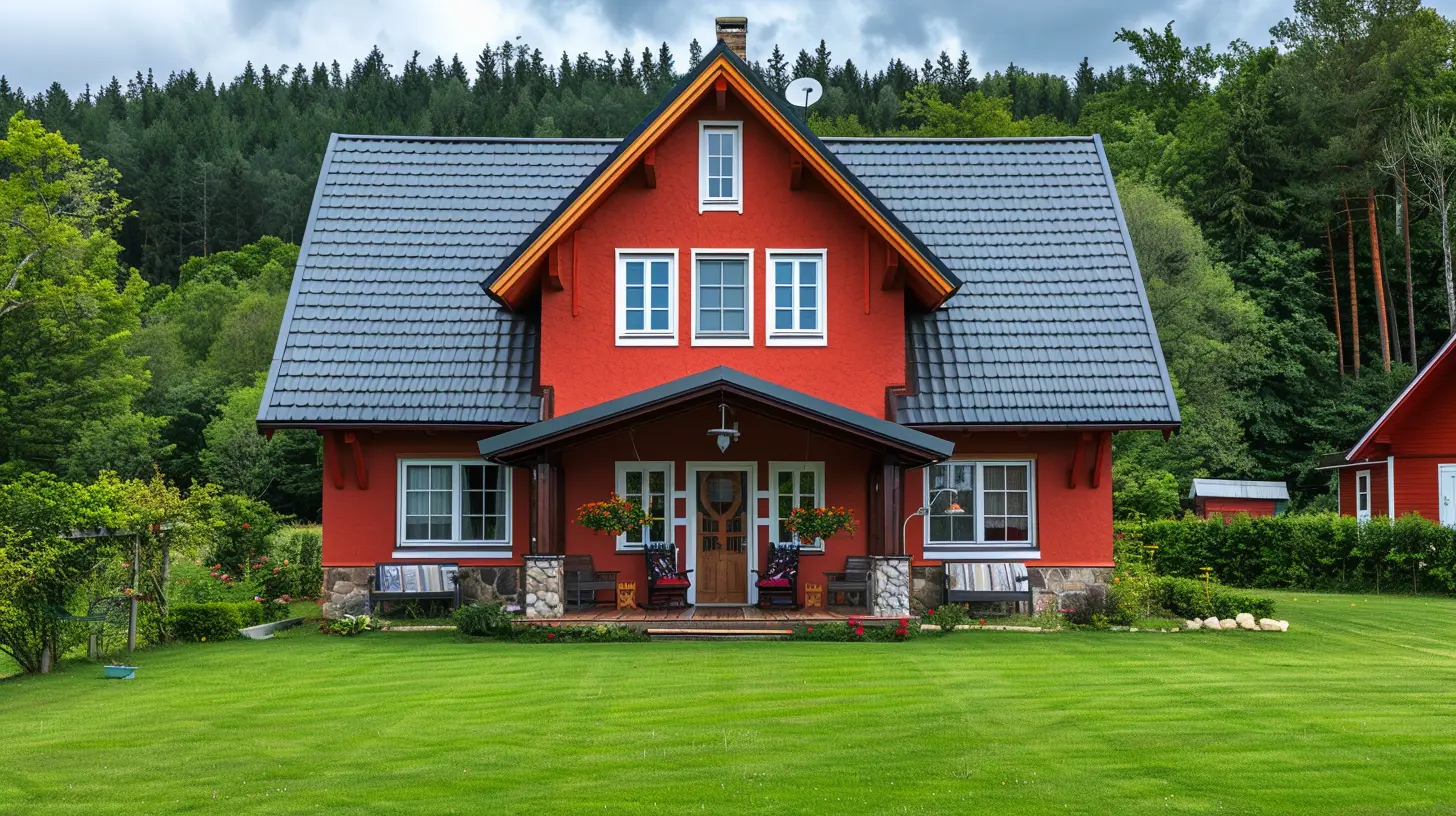
✅ Pros of Making a Larger Mortgage Down Payment
1. Lower Monthly Mortgage Payments
This one’s a no-brainer. The more you pay upfront, the less you need to borrow. And with a smaller loan comes—drumroll, please—smaller monthly payments.That’s right. More cash now means more breathing room later. Want to free up funds for travel, investing, or just living a little? Lower monthly obligations can give you that freedom.
2. Better Interest Rates
Lenders love low-risk borrowers. When you put down a big chunk of cash, you’re less of a risk in their eyes. That usually means better mortgage rates.Even a small drop in your interest rate—say, half a percent—can save you tens of thousands over the life of your loan.
Think of it like this: the bank is basically rewarding you for being less needy. Harsh, but hey, it works in your favor.
3. No Private Mortgage Insurance (PMI)
If you put down less than 20%, many lenders make you pay for Private Mortgage Insurance. That’s an extra monthly fee that protects the lender, not you.When you go big with your down payment, you can skip those annoying PMI charges altogether. That could save you anywhere from $30 to $150 per month—or more.
4. Less Interest Paid Over Time
This one’s kind of tied to the lower loan balance, but it’s worth calling out. With a smaller mortgage, and potentially lower interest rates, you’ll pay less in interest over the life of the loan.It’s like paying for a smaller pizza—you’re not stuck with a lot of crust (aka interest) that you didn’t want anyway.
5. You Build Equity Faster
Equity is just a fancy word for how much of the home you truly “own.” A larger down payment gives you a head start in building equity, which can come in handy if you ever want to refinance, borrow against your home, or sell.It’s kind of like reaching the halfway point of a marathon in the first 5 miles. You're ahead of the game.
6. Stronger Offer in a Competitive Market
When sellers see a buyer who’s putting more cash down, they tend to take them more seriously. You’re less likely to have financing fall through—and that makes your offer more attractive.This could be the cherry on top that wins you the house in a bidding war.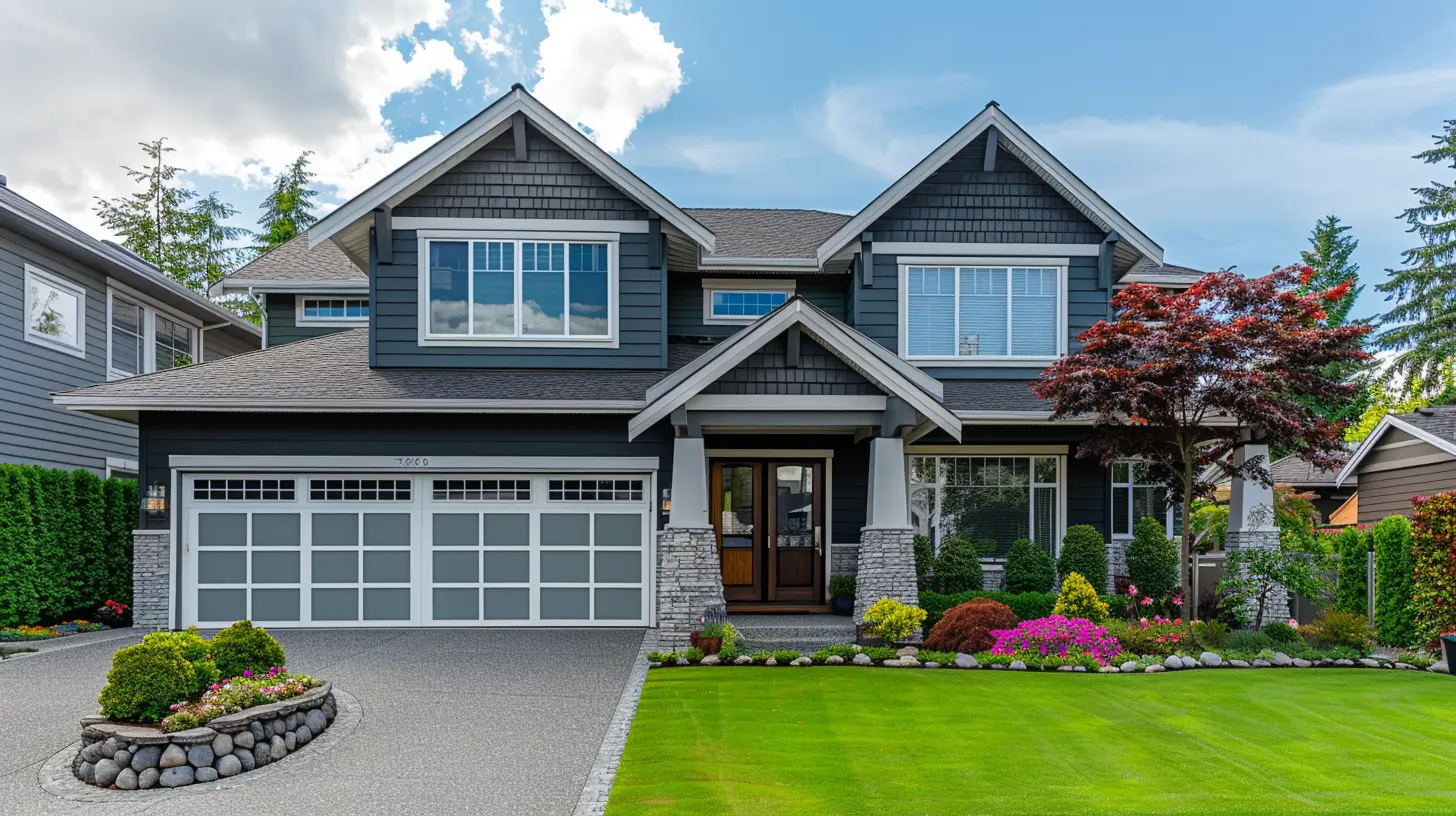
❌ Cons of Making a Larger Mortgage Down Payment
Alright, it’s not all sunshine and rainbows. Let’s look at the flip side before you start pulling money out of your savings.1. You Might Drain Your Savings
This is a biggie. Tying up too much cash in your home can leave you house-rich but cash-poor.Think about emergency expenses—medical bills, car repairs, job loss. If you’ve put all your eggs in the real estate basket, you may not have enough liquid cash to handle life’s curveballs.
2. Less Flexibility for Other Goals
Sure, your house is an investment. But so is your retirement account. So is paying off high-interest debt. So is starting a business.That larger down payment might mean missing other financial opportunities that could offer better returns. It’s a balancing act.
3. Real Estate Isn’t Super Liquid
Need cash fast? Good luck getting it out of your house. Unlike a stock you can sell with a few clicks, real estate is slow-moving.Selling your home or taking out a home equity loan isn’t a quick fix. So if your cash is tied up in bricks and mortar, it’s not exactly at your fingertips.
4. You Might Not Be Diversified
Let’s say you bet big on real estate with a large down payment, and the market takes a hit. Now a significant portion of your net worth is riding on the value of one asset.It’s kind of like putting all your money into one stock. Smart investors diversify. That means spreading your money across different types of assets for more stability.
5. Low Interest Rates Might Make Borrowing Cheaper
Sometimes, it actually makes sense to borrow more. When mortgage rates are low, taking a bigger loan can be a cheap way to finance a home.Meanwhile, you can invest the money you would’ve used for a large down payment and potentially earn higher returns.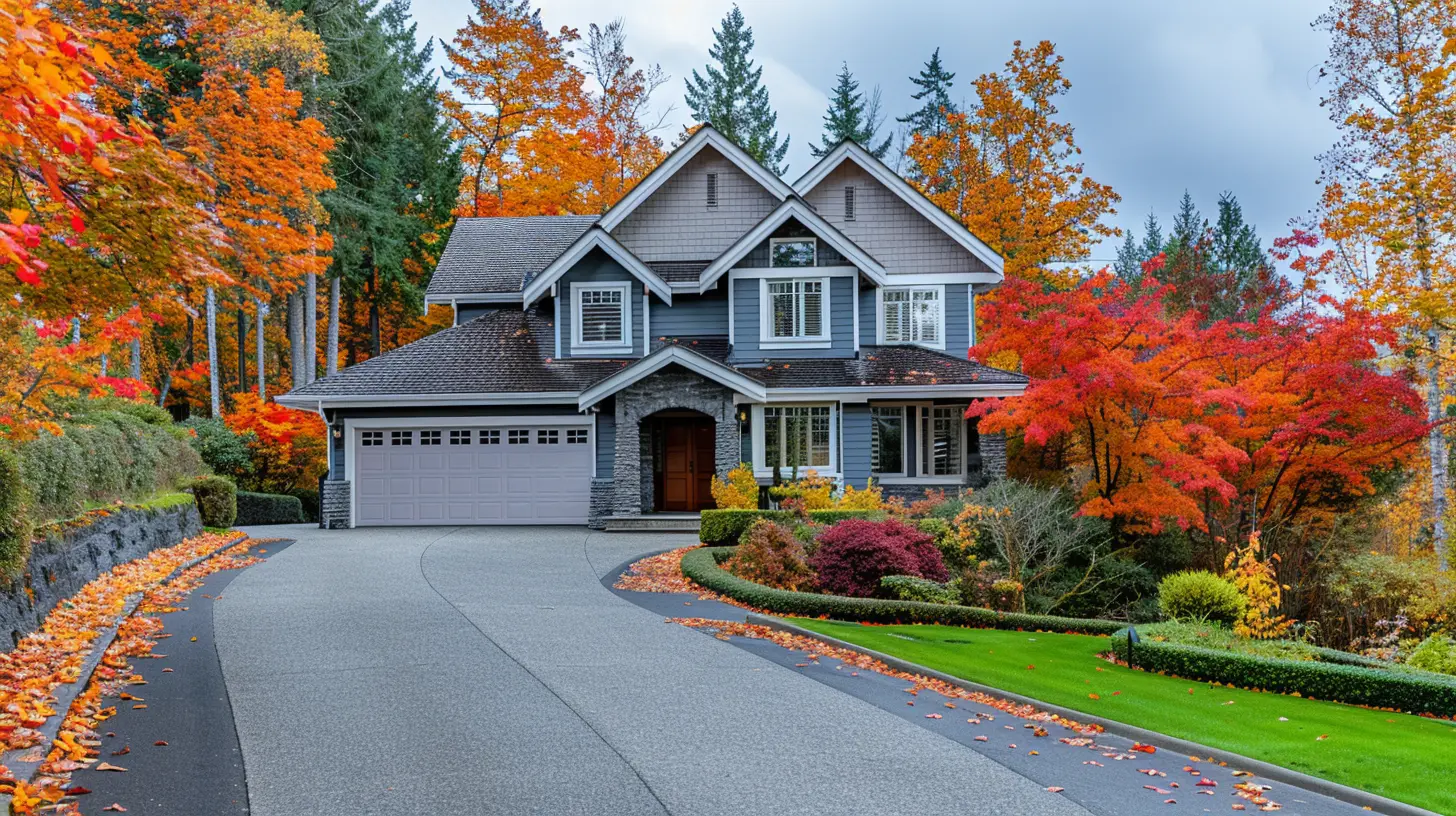
📊 Example: The Power of Choice
Let’s say you’re buying a home for $300,000.| Option | Down Payment | Loan Amount | Monthly Mortgage (P&I Only) | PMI | Total Monthly Payment |
|--------|--------------|-------------|------------------------------|-----|------------------------|
| 5% | $15,000 | $285,000 | $1,520 | $120 | $1,640 |
| 20% | $60,000 | $240,000 | $1,280 | $0 | $1,280 |
| 30% | $90,000 | $210,000 | $1,120 | $0 | $1,120 |
These are estimates assuming a 6.5% fixed interest rate and 30-year term. Numbers may vary based on other factors (escrow, taxes, etc).
As you can see, a bigger down payment significantly lowers your monthly payment. But look at that $75,000 difference between the 5% and 30% down payments—could you use that elsewhere?
🤔 So, What’s the Right Move?
It really comes down to your personal situation. Ask yourself:- Do I have enough emergency savings? (Think 3 to 6 months of living expenses.)
- Am I planning to stay in this house for a while?
- Do I have high-interest debt that should be paid off first?
- Am I in a strong financial position to tie up more cash?
If you’ve got a rock-solid emergency fund, no other high-interest debt, and you want to save money long-term, a larger down payment could make sense.
But if that big cash chunk would wipe out your savings, delay other goals, or leave you exposed, it might be smarter to keep your mortgage a little higher.
💡 Pro Tips Before You Decide
1. Run the Numbers: Use online mortgage calculators to compare different down payment scenarios.2. Talk to a Mortgage Advisor: Every financial situation is unique.
3. Consider Your Timeline: If you plan to move in a few years, you might not recoup the upfront savings of a large down payment.
4. Think Long-Term: Your decision should align with your bigger financial goals, not just the price tag of one house.
Final Thoughts
A larger mortgage down payment has undeniable advantages—lower monthly costs, better interest rates, faster equity. But it’s not a one-size-fits-all deal.Think of your down payment as a lever, not a life sentence. You have the power to adjust it based on your financial health, goals, and risk tolerance.
So whether you go big or keep more cash in the bank, just make sure it’s a choice that feels right for you—not just what someone told you you should do. After all, this is your journey to homeownership. Make it count.
all images in this post were generated using AI tools
Category:
Mortgage TipsAuthor:

Yasmin McGee
Discussion
rate this article
1 comments
Ivy McCarron
Balance risk and opportunity wisely.
August 19, 2025 at 3:32 AM

Yasmin McGee
Absolutely! Striking the right balance between risk and opportunity is crucial when deciding on a larger mortgage down payment. It can lead to lower interest costs but may limit liquidity. Consider your financial goals carefully!
